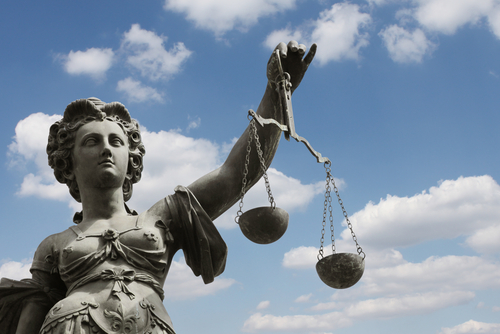Virtues Gone Wild

While I was reading news headlines this morning I was struck by how much of the evil that plagues the world is ultimately based on good intentions. Almost everyone has a natural desire to do good. But when we unmoor ourselves from the fullness of truth about what good really is, we can go down paths that seem good if looked at from one angle alone, but are actually quite evil. G.K. Chesterton wrote in Orthodoxy:
When a religious scheme is shattered ... it is not merely the vices that are let loose. The vices are, indeed, let loose, and they wander and do damage. But the virtues are let loose also; and the virtues wander more wildly, and the virtues do more terrible damage. The modern world is full of the old Christian virtues gone mad. The virtues have gone mad because they have been isolated from each other and are wandering alone.
As I scan through the troubling stories of the day, I see the danger of these “wandering virtues.” So many of these sad stories are the actions of someone motivated by one virtue but forgetting the others, thirsting for one fruit or gift of the Holy Spirit while disregarding the rest. For example:
When you have love without hope, a mother helps her daughter with Chronic Fatigue Syndrome commit suicide because she doesn’t want her to suffer anymore.
Hope without faith leads to the environmentalism-as-religion movements that posit Utopian ideas about the future of the planet over the value of human life.
Faith without love spawns religious extremism and persecution in the name of God.
Charity without justice or hope drives much of the pro-choice rhetoric; the lack of justice allows people to focus only on the concerns of the mother and ignore the needs of the person within the womb, and the lack of hope blinds them from seeing the beautiful possibilities that come with new life.
A desire for understanding without humility leads to the narrow-minded scientism of many of the new atheists.
And so on. That was one of the things that jumped out to me when I first began studying Catholicism: Here I saw the big picture of human morality, the full articulation of the rules of love written on every human heart. It didn’t just suggest this or that moral truth, but it had the whole package. It offered a seamless moral code in which each virtue, each fruit and gift of the Holy Spirit, fit together and balanced one another perfectly. Only in the Catholic Church did I see a morality that reins in those deadly wandering virtues, and shows us what it means to be good.












